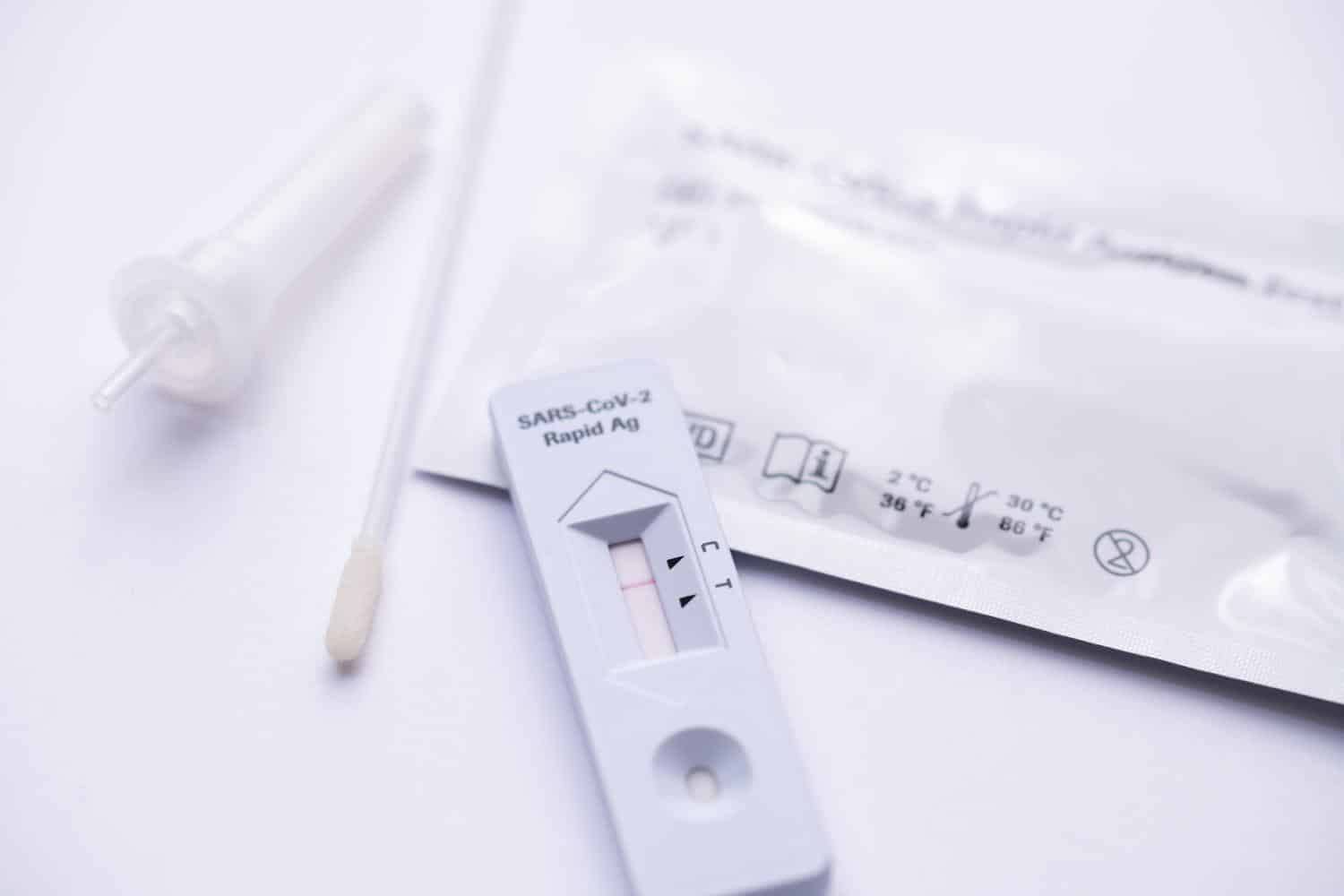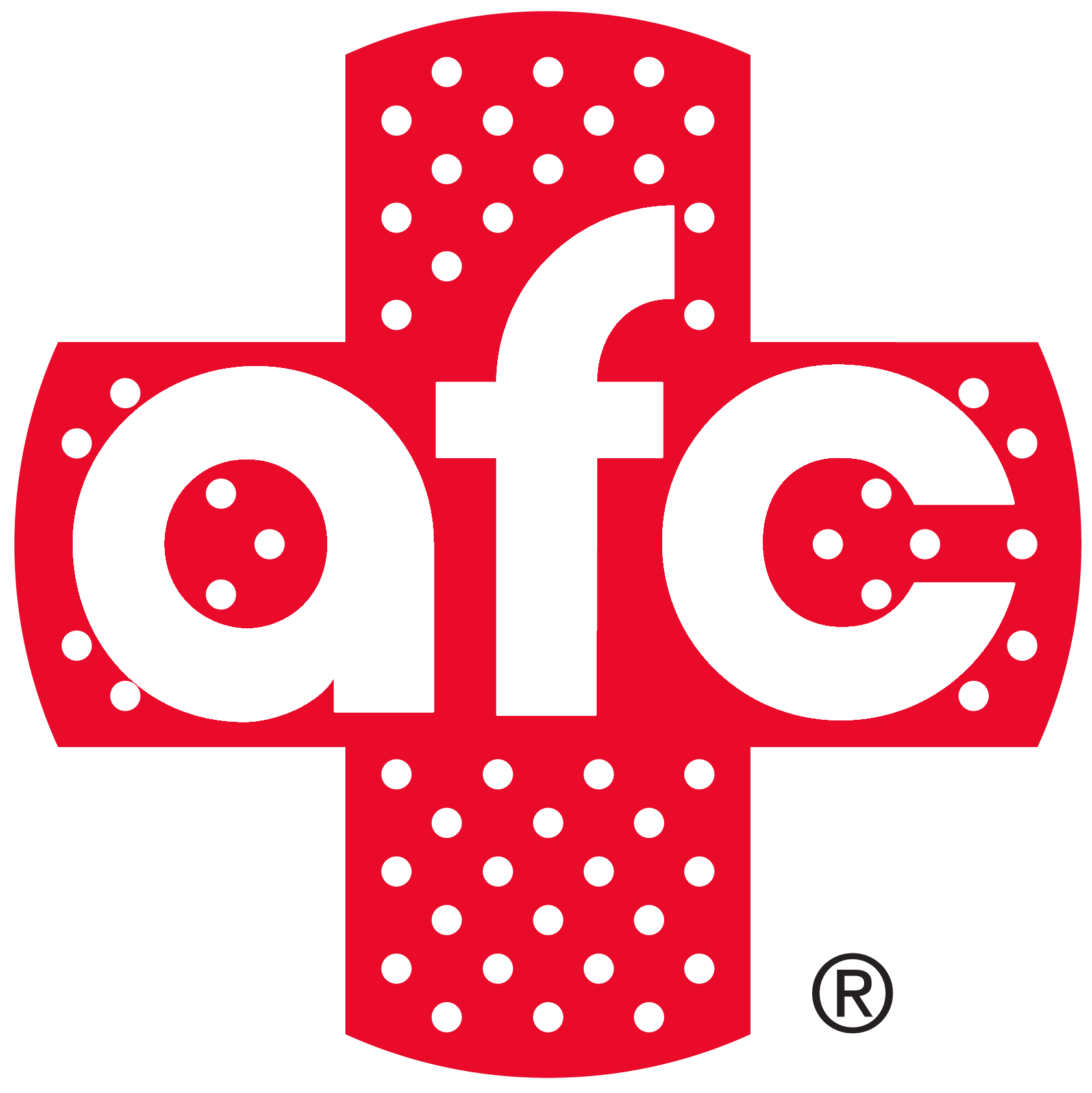Immigration Physicals: Now offering a special price - $395. Please call for all information.
AFC Dale City VA COVID-19 Information
CALL US TODAY | (571) 374-1234
Walk-Ins Welcome
No appointment necessary at our center
X-RAY, DOT Physicals, and Drug Screening may not be available 100% of the time. We highly suggest calling to check availability.
COVID-19 Information in Dale City, VA at AFC Urgent Care, Dale City
Here’s What We Know About COVID-19
Looking for current COVID-19 information? You’ve come to the right place. Read on for facts about this serious illness and the new COVID-19 vaccines.
What Is Covid-19?
According to the CDC, COVID-19 is a new respiratory illness caused by the coronavirus, SARS-CoV-2. It is spread from person to person. Experts call this “community spread." You can get the virus if you are around an infected person who sneezes, coughs, or talks. If you touch a surface that’s been touched by an infected person, you can get COVID-19 too.
Am I At Risk for Covid-19?
Anyone of any age or health condition can get COVID-19. It is highly contagious and can spread rapidly no matter where you live. However, your risk of getting seriously ill or dying increases dramatically when you have certain medical conditions and/or are 65 and over.
What are the Covid-19 Symptoms?
Symptoms may include a cough, fever, chills, congestion, aches, and nausea. You might not be able to taste or smell. You can have mild symptoms, severe symptoms, or be asymptomatic and have no symptoms at all. Symptoms can show up in 2–14 days after exposure. If you believe you’ve been exposed to the virus, call about getting tested for COVID-19 (link).
What if I'm Already Sick with Covid-19?
Stay home except to get medical attention. Isolate yourself from family and friends. Monitor your health. Seek immediate medical attention if you can’t breathe and/or have chest pain.
American Family Care's Response to Covid-19
Stay home except to get medical attention. Isolate yourself from family and friends. Monitor your health. Seek immediate medical attention if you can’t breathe and/or have chest pain.
Protect Yourself. Protect Others.
AFC Urgent Care, Dale City recommends that everyone take the following precautions against COVID-19:
- Wear a mask.
- Cover your nose and mouth.
- Wash your hands: Use soap and water for 20 seconds. Or apply a hand sanitizer that contains 60% alcohol.
- Keep your distance.
- Keep two arm-lengths or 6 feet apart. Avoid crowds.
- Get a flu shot
- Get tested.
- Get vaccinated
- Travel informed
What does isolating mean?
The CDC recommends isolating for the first five days after testing positive, when you are most infectious. Isolating includes staying at home and away from those who you share your living space with as much as possible. If you can, use a separate bathroom and don’t share personal items.
What protocols should I follow if I am exposed?
Take immediate precautions after being exposed. Start masking as soon as you are exposed, counting the day of exposure as day one. Continue to mask and take precautions until day ten of exposure, or as recommended.
When should I test if I was exposed?
Take a test on day 6 of your exposure, regardless of whether you are experiencing symptoms. If you test negative, we recommend continuing to take precautions—it can take several days or even more than a week to develop the virus. If you test positive, start isolating immediately.
What kind of mask should I wear?
Anyone can wear a mask to protect themselves from COVID-19, even if you are not considered high risk. Wear a high quality disposable or cloth mask or respirator. Make sure to wash or sanitize your hands any time you remove your mask.
Does my child need to wear a mask?
In accordance with the CDC’s guidelines, masks are not recommended for children under the age of two.
What measures can I take against the virus while traveling?
Make sure that your vaccines are up to date. Wear a mask and don’t travel if you are sick. You should take extra precautions if you are traveling and think you were exposed. If you are unsure whether it is safe to travel, talk to your doctor first.


How Can We Help?
- PATIENT SERVICES
- COVID-19 SERVICES
- TELECARE
- EMPLOYER RESOURCES
- PATIENT RESOURCES
- ABOUT US
CALL US | (571) 374-1234

Don't wait to get the medical attention you need.
CALL US TODAY | (571) 374-1234


